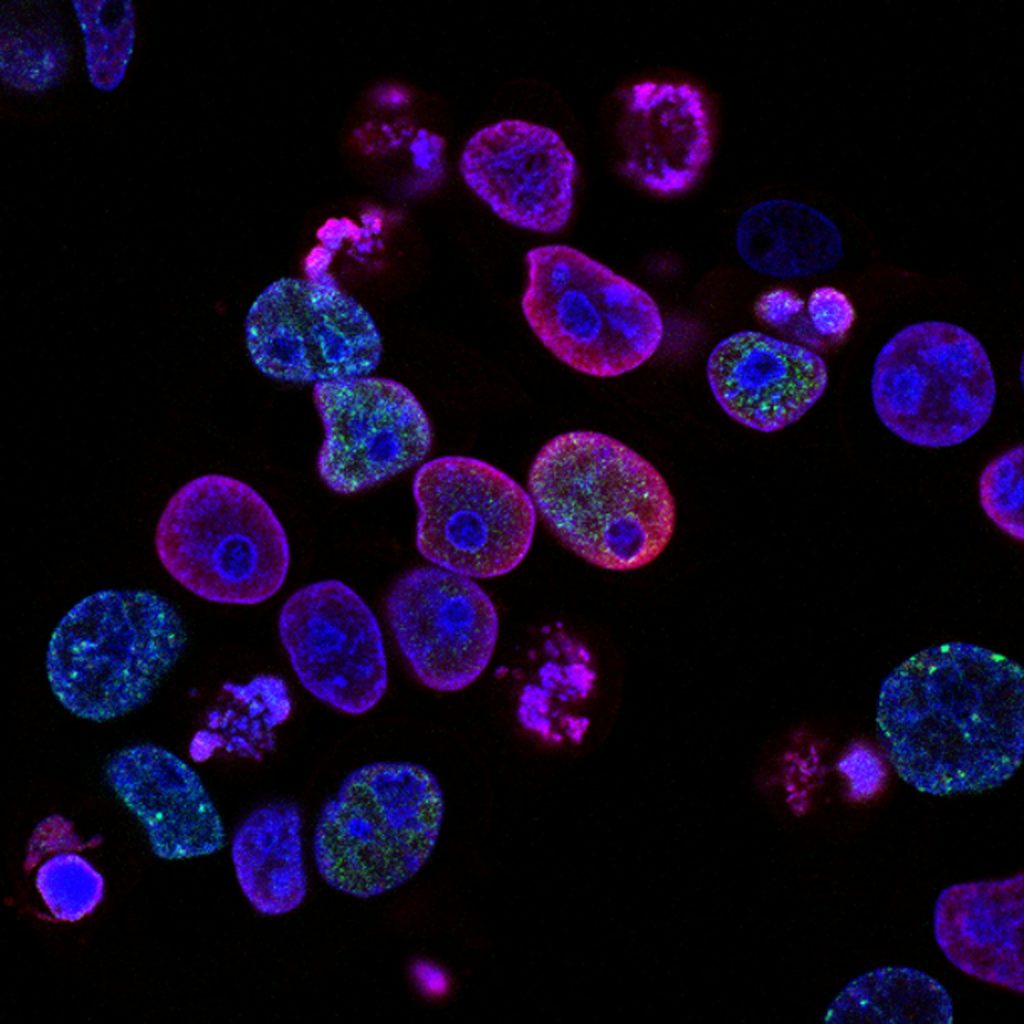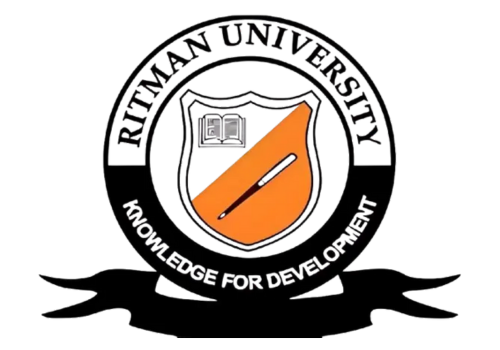Microbiology
Microbiology is a vital field with significant relevance to public health, agriculture, and environmental management in Nigeria.

Department Overview
Why Study Microbiology?
Microbiology is a vital field with significant relevance to public health, agriculture, and environmental management in Nigeria
Modern Curriculum
Our curriculum combines computer science fundamentals with specialized software engineering practices, preparing students for the ever-evolving tech industry.
Hands-on Experience
Students gain practical experience through project-based learning, internships, and industry collaborations that simulate real-world software development environments.
Industry Ready
Graduates are equipped with both technical and soft skills necessary to excel in software development, project management, and technological innovation.
Agriculture and Biotechnology
Microbiology has applications in agriculture, such as improving soil health, developing biofertilizers, and controlling plant diseases
Environmental Management
Microbiologists are involved in understanding and utilizing microorganisms for bioremediation, waste treatment, and environmental monitoring
Research and Innovation
Microbiological research contributes to advancements in healthcare, agriculture, and environmental science, leading to new solutions for challenges facing Nigeria.
Core Competencies
Areas of Study
Bacteriology
Study of bacteria, their structure, function, and classification. Antibiotic resistance and bacterial diseases. Industrial and beneficial uses of bacteria (e.g., probiotics, fermentation).
Virology
Study of viruses, their replication, and genetics. Viral infections and diseases (e.g., HIV, COVID-19, Influenza). Vaccine development and antiviral treatments.
Mycology
Study of fungi, including yeasts and molds. Fungal infections in humans, animals, and plants. Industrial applications of fungi (e.g., antibiotic production, food processing).
Parasitology
Study of parasites and their life cycles. Diseases caused by parasites (e.g., malaria, sleeping sickness). Control and prevention of parasitic infections.
Faculty Members
Faculty Members
Dr. John Smith
Department Chair
Ph.D. in Computer Science, MIT
Specializes in software architecture and distributed systems
Prof. Sarah Johnson
Associate Professor
Ph.D. in Software Engineering
Expert in software testing and quality assurance methodologies
Dr. Michael Chen
Assistant Professor
Ph.D. in Artificial Intelligence
Focuses on machine learning applications in software systems
Career Opportunities
Where Our Graduates Work
Healthcare & Medical Sector
Clinical Microbiologist – Diagnosing and treating infectious diseases in hospitals and laboratories. Medical Laboratory Scientist – Conducting tests on patient samples for bacteria, viruses, and fungi. Infection Control Specialist – Preventing and controlling the spread of infections in healthcare settings.
Research & Academia
Microbiology Research Scientist – Studying microbes for medical, environmental, or industrial applications. University Lecturer/Professor – Teaching microbiology and supervising research projects.
Food & Beverage Industry
Food Microbiologist – Ensuring food safety by detecting harmful microbes in food products. Fermentation Scientist – Using microbes to produce cheese, yogurt, beer, and wine. Quality Control Analyst – Checking food products for microbial contamination before distribution.
Environmental & Agricultural Sector
Environmental Microbiologist – Studying microbes in soil, water, and air to monitor pollution and biodiversity. Soil Microbiologist – Enhancing soil fertility using microbes for sustainable agriculture. Bioremediation Scientist – Using bacteria and fungi to clean up oil spills and toxic waste.
Ready to Begin Your Software Engineering Journey?
Join our program and develop the skills needed to become a high-demand software professional in today’s technology-driven world.
